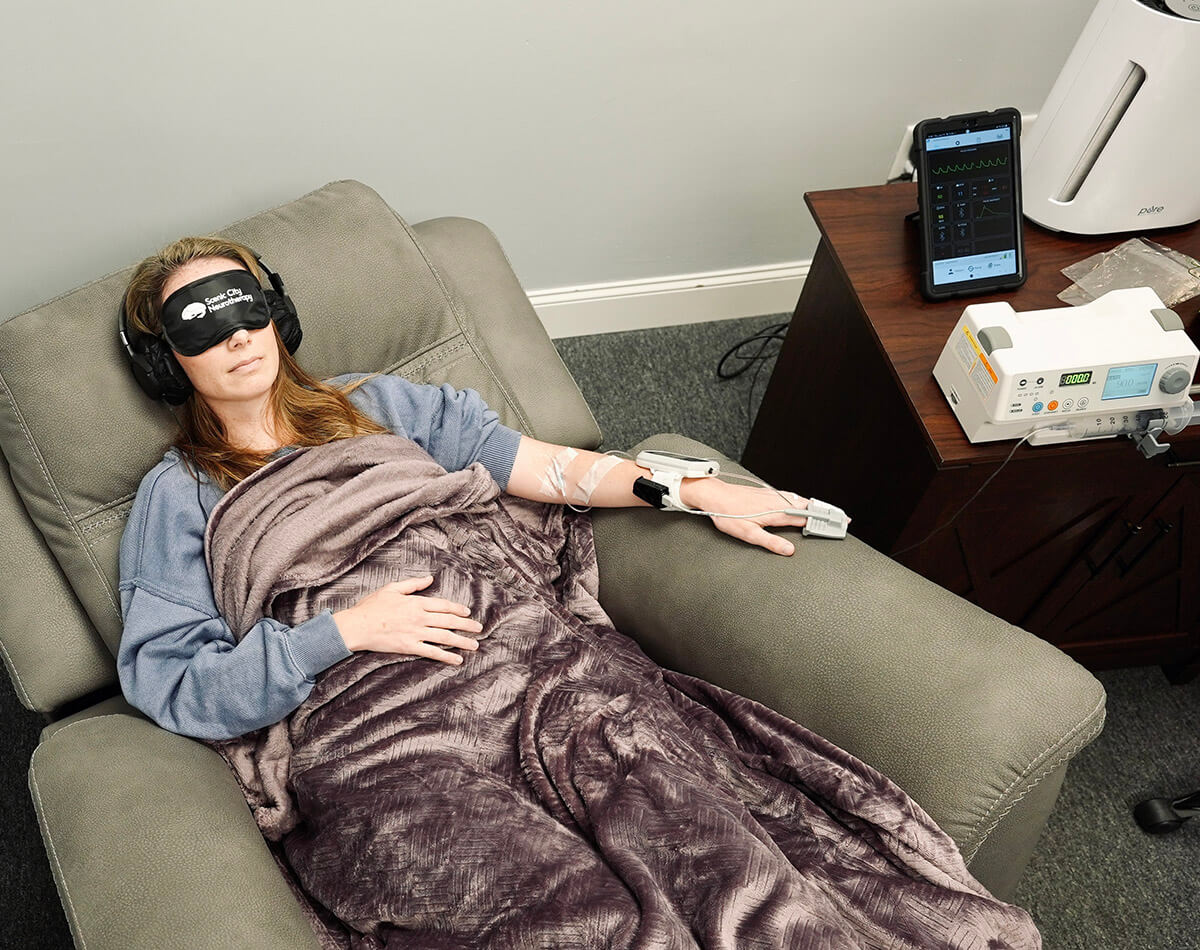Are you tired of living with chronic pain? You’re not alone. Chronic pain can last for months, even years, and it affects countless individuals worldwide. At our clinic, we understand the challenges you face and have developed a specialized treatment regimen tailored to the unique needs of chronic pain sufferers. Say goodbye to constant discomfort and embrace a life free from the limitations of pain.

Due to ketamine’s analgesic and anti-inflammatory properties, Ketamine Infusion Therapy can be many times better than opioid pain medication for managing the symptoms of chronic pain. It combats pain by acting against a specific chemical receptor known as N-methyl-D-aspartate, or NMDA, which is found in the nervous system, and helps modulate how the brain perceives pain. Ketamine also causes the body to decrease release of inflammatory mediators known as cytokines. The low-dose ketamine causes increased production and release of a protein in the brain, identifying and removing the neuronal synapses for pain while also creating new, healthy neuronal connections. It is much like resetting or rebooting a computer that has just crashed. Receiving meaningful relief from chronic pain and discomfort is the primary goal of this treatment.
Typically, the patients we treat who are experiencing chronic pain have not had much success with other pain medications or treatments. Conditions treated might include, but are not limited to:
Fibromyalgia is a disorder characterized by widespread musculoskeletal pain accompanied by fatigue, sleep, memory, and mood issues.
Complex Regional Pain Syndrome (CRPS), formerly known as Reflex Sympathetic Dystrophy (RSD), is a broad term describing excessive and prolonged pain due to inflammation that follows an injury or surgery.
Generalized Chronic Pain can be secondary to structural issues such as pinched nerves or inflammation due to excessive physical stress.
Ketamine Infusion Therapy can treat chronic pain better that would otherwise require large doses of narcotics or other painkillers. While these medications can help to relieve symptoms in the short term, they are not without their side effects. Unlike opioids, which make a person more sensitive to pain over time, Ketamine Infusion Therapy helps reduce the pain and rolls back the hypersensitivity caused by opioid therapy.
The Scenic City Neurotherapy’s pain-focused ketamine infusion protocols are individually tailored to fit each patient with the goal of minimizing inflammation and optimizing the way the brain perceives pain stimulus. This in turn allows the patient’s nervous system and perception of their physical environment to reset, making many chronic pain conditions more manageable and often in some cases providing complete relief without the need for a daily medication. The goal of Scenic City Neurotherapy is always to provide meaningful improvement in each patient’s quality of life.
Picture each opioid dose as blocking a pain receptor. Your body naturally releases an internal opioid to control everyday pain. This stops normal activities from causing pain. But when a severe injury occurs, internal opioids are not always enough, leading to external opioid prescriptions.
External opioids will relieve the injury pain by flooding pain receptors, but they will also trigger the creation of new pain receptors with each dose. Now you have even more pain receptors sending pain signals. Simultaneously, your body’s production of internal (natural) opioids diminishes, leading to an inability to experience happiness, well-being, or relief. Hence, the increased need for external opioids. The new pain receptors make everyday pains unmanageable, including any extra pain from excessive inflammation or later injuries.
Hyperalgesia, or hypersensitivity, is most often perceived as a migrating of the pain to other areas of the body. Say the pain starts in the foot, but over time it migrates up the leg or starts to mirror in the opposite limb. The migration and hypersensitivity can develop in patients with chronic pain who do not take external opioid medication. However, it is more common and progresses faster in those who take external opioids.
For the last few decades, it has been common knowledge that Opioid-Induced Hyperalgesia (OIH) is the primary culprit for the ever-growing number of patients requiring chronic opioid therapy. The attempt to limit opioid medication prescribing did not begin with the opioid addiction crisis. It began when we discovered that chronic opioid therapy will always cause the perception of pain to increase over time.
Opioids will lead to physical dependance even if you have taken your medications as prescribed. As a result, you will experience the same withdrawal as someone who abuses an opioid medication. This is not your fault, yet you are the only one who can change your situation.
Physical Therapy is an integral part of our treatment process. We understand pain often leads to inactivity or it has come from injury that leads to inactivity. Inactivity is one of the worst things you can do for your physical and mental health. When we do not use our muscles for an extended period of time, they will begin to deteriorate. This phenomenon is called “Disuse Syndrome,” and for those with chronic pain it can perpetuate the problem. Increasing muscle mass can help to insulate nerves and improving flexibility help you to navigate everyday activities with less pain. Non-opioid, non-narcotic medications may be a necessary component to optimize quality of life.
To learn if Ketamine Infusion is the right treatment option for you, contact us by calling for a free consultation or requesting one online today.

Monday: 9 A.M. – 7 P.M.
Tuesday: 9 A.M. – 7 P.M.
Wednesday: 9 A.M. – 7 P.M.
Thursday: 9 A.M. – 7 P.M.
Friday: 9 A.M. – 7 P.M.
Saturday: We’re Closed
Sunday: 9 A.M. – 7 P.M.